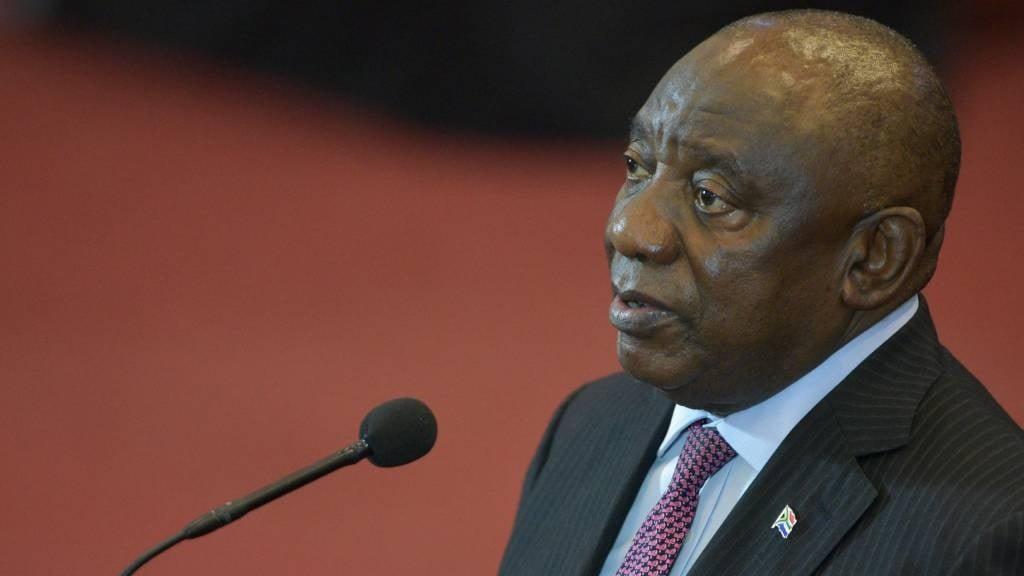Africa-Press – South-Africa. In a unanimous judgment written by Deputy Chief Justice Mandisa Maya, the Constitutional Court upheld President Cyril Ramaphosa’s suspension of Public Protector Busisiwe Mkhwebane and dismissed her application to halt the Section 194 inquiry into her fitness for office on Thursday.
In June 2022, two days after Mkhwebane informed him that she was investigating the Phala Phala matter, Ramaphosa suspended her.
It came after letters went to and fro since March about her suspension, pending the Section 194 inquiry, which started in July.
Mkhwebane applied to the Western Cape High Court to have the suspension overturned and to have the Section 194 process declared unlawful.
In September, a full Bench of that court appeared unconvinced by the bulk of Mkhwebane’s challenges to the impeachment process against her, but it found that “from the objective facts, the decision of [Mkhwebane] to investigate the president and to put 31 questions to him [about the break-in], prompted the president not to wait a day more and to immediately suspend her”.
Given that Ramaphosa was “sitting with a letter from [Mkhwebane] with a long list of questions” that he was required to answer within 14 days at the time he suspended her, the High Court found that to “suggest that such a suspension would not have any effect on delaying the course of investigation would be a difficult proposition to convincingly sustain”.
“Thirdly, the expansive nature of the questions that the president was required to answer in the said short space of time in respect of events that took place some two years ago may well have caused the president to conclude that ‘there she goes again’ in those circumstances, rather than to have to contend with [Mkhwebane], he was better off with any person but [Mkhwebane],” it stated.
But the apex court didn’t agree after the DA and Ramaphosa appealed.
Mkhwebane filed a cross-appeal, which the apex court found to be meritless.
Justice Maya said they found that the mere fact that Mkhwebane was investigating Ramaphosa, wasn’t enough to say there was a conflict of interest when he suspended her.
The suspension didn’t have any benefit for him, as it did not hamper the investigation, and there was no evidence that he suspended her due to the Phala Phala investigation.
“It cannot be said that the president’s decision was irrational,” Maya said.
Furthermore, the court found Ramaphosa had “rational reasons” for the suspension, including allowing her to prepare for the impeachment proceedings. The suspension wouldn’t cause her irreparable harm, it added.
The court also noted that the independent panel Parliament had appointed found that there was a prima facie case for her removal, and that the court itself made “grave” findings against her in the past.
Mkhwebane must pay part of the costs personally.
Arguments were heard in November.
Mkhwebane, and the ATM have complained about the long wait for a judgment. Mkhwebane said the judgment would be merely academic.
On 30 June, Acting Public Protector Kholeka Gcaleka released the report on Phala Phala, which cleared Ramaphosa.
After several delays, Mkhwebane didn’t conclude her testimony before the Section 194 inquiry and refused to answer the committee’s questions, which it had to submit in writing.
The committee will now only consider the evidence already before it is expected to adopt its report on 28 July.
Mkhwebane’s term expires on 14 October, at which time she will receive a gratuity of around R10 million.
For More News And Analysis About South-Africa Follow Africa-Press






